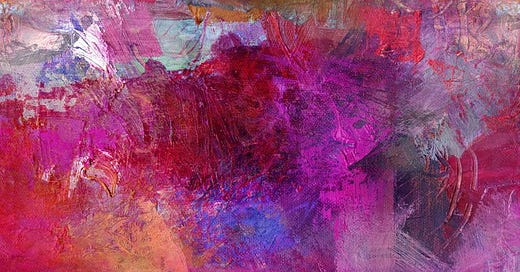Yesterday, I wrote about Maimonides’s claim that the philosophical project is, or can be, a spiritual one. Yet Maimonides was not only a philosopher; he was also someone who, according to Leo Strauss, believed in the central importance of the Law. Philosophy without law can discover truth, but it may be ethereal, anti-social, unmoored, if it tries to bu…
Keep reading with a 7-day free trial
Subscribe to What Is Called Thinking? to keep reading this post and get 7 days of free access to the full post archives.



